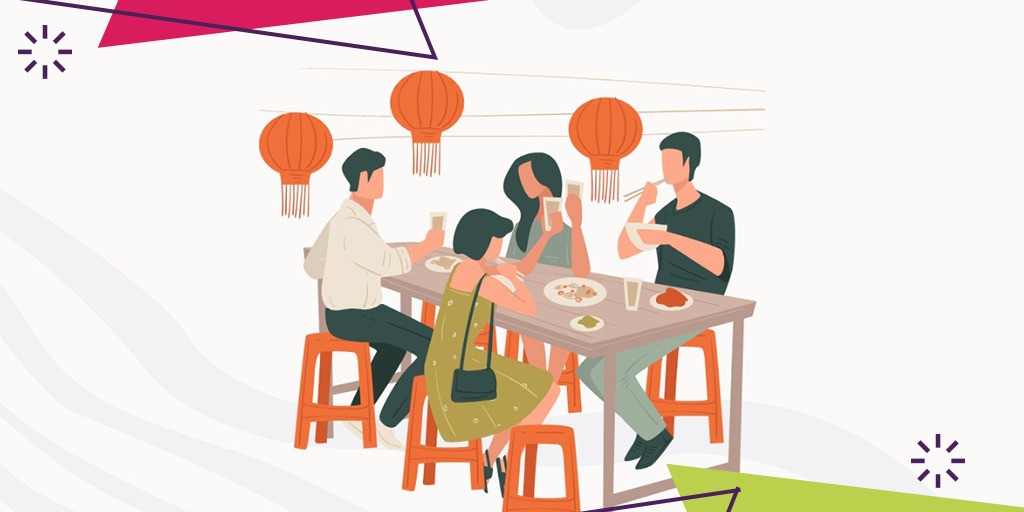Personalization: The Future of Customer Experience in Restaurants
The New Standard in Customer Engagement
In an increasingly competitive restaurant industry, delivering an extraordinary customer experience has never been more critical. Today’s consumers are not just looking for great food; they desire a personalized experience that resonates with their individual preferences. This trend towards personalization is reshaping the way restaurants conduct business and engage with their guests. As customer expectations evolve, those restaurants that adapt by tailoring their offerings to meet specific needs will stand out in a crowded marketplace.
Understanding Customer Preferences
A critical aspect of creating personalized experiences is gaining deep insights into customer preferences and behaviors. By leveraging modern technologies such as customer relationship management (CRM) systems, restaurants can track past orders, dietary restrictions, and feedback. This data allows restaurants to segment their customers and create targeted offers or recommendations based on individual tastes. Analyzing this information can unveil patterns, helping chefs craft menu items that appeal to their most loyal patrons, thus fostering a sense of connection and appreciation among customers.
Customized Dining Experiences
One effective way to enhance personalization is through menu customization. Many restaurants are now allowing customers to build their meals—from selecting base ingredients to adding extras. This approach not only resonates with diners’ diverse tastes and dietary needs but also empowers them to make choices that align with their preferences. For instance, gluten-free, vegan, or low-carb options can be highlighted to accommodate special requests seamlessly. By offering a tailored dining experience, restaurants can demonstrate their commitment to customer care and attention.
Innovative Loyalty Programs
Loyalty programs play a vital role in personalizing the customer experience. Forward-thinking restaurants are implementing reward systems that go beyond the traditional points-based methods. Modern loyalty programs can analyze individual customer behavior and offer personalized rewards, such as discounts on favorite dishes or exclusive early access to new menu items. By crafting a unique rewards program that recognizes repeat diners and their preferences, restaurants can enhance customer retention and encourage repeat visits, capitalizing on the emotional connections that result.
Technology as an Enabler of Personalization
The rise of technology has brought forth new avenues for personalization in the restaurant industry. Online ordering apps and reservation systems now incorporate artificial intelligence (AI) capabilities that can suggest dishes based on a customer’s previous interactions. These platforms can also send tailored marketing communications, such as birthday offers or seasonal promotions, further enhancing engagement. By using technology to gather and analyze customer data, restaurants can create a seamless experience that feels personal and curated.
Human Touch in Personalized Service
While technology plays a crucial role in personalization, the human touch cannot be overlooked. Training staff to recognize regular diners and remember their preferences can create a sense of belonging. When servers take the time to greet customers by name, suggest dishes they know the diner will enjoy, or recall past interactions, they build a relationship that goes beyond transactional service. This personalized approach bridges the gap between technology and human interaction, resulting in an unmatched customer experience.
As the restaurant industry moves forward, embracing personalization will be essential for success. By keenly understanding customer preferences, providing customized dining experiences, implementing innovative loyalty programs, leveraging technology, and emphasizing the human element, restaurants can create remarkable experiences tailored to each individual. Personalization is not just a trend; it is the future of customer experience, and those who seize this opportunity will be better positioned to thrive in an evolving and competitive landscape.




